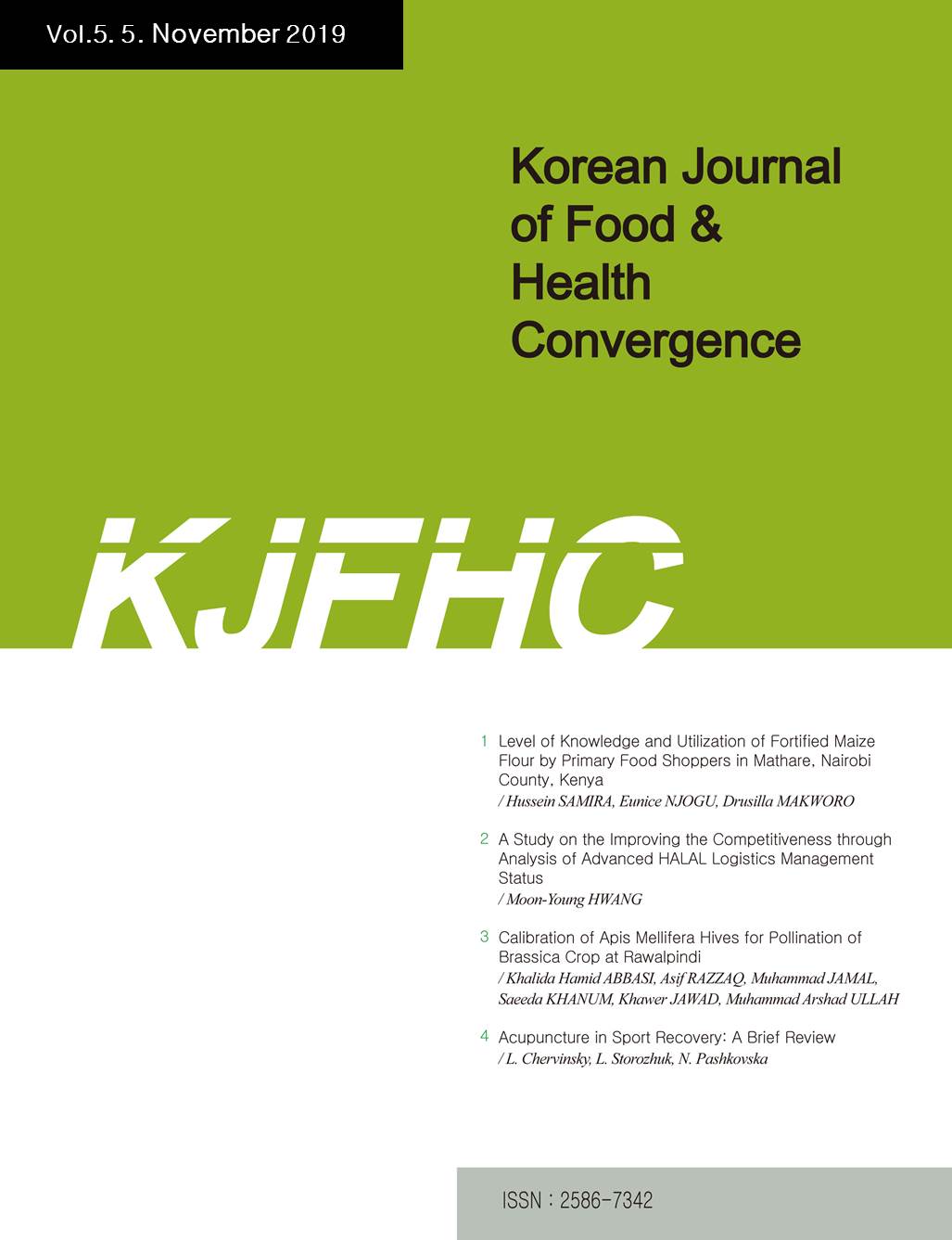

- P-ISSN
- E-ISSN2586-7342
- Frequency Bi-monthly
- PublisherKODISA
-
CCL

- Indexed byKCI
You can use ACOMS+ service with an AccessON integrated member account.
※ If you are already an AccessON integrated member, go back to the journal’s website and login.


